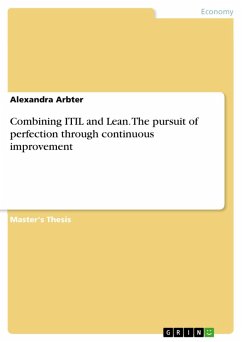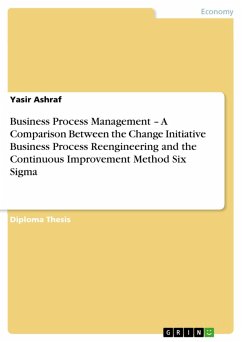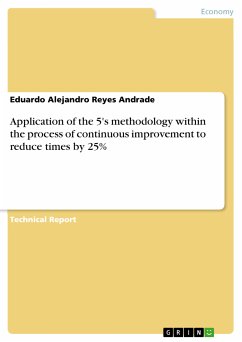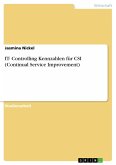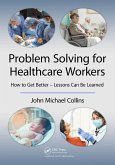Master's Thesis from the year 2015 in the subject Business economics - Business Management, Corporate Governance, grade: 1, University of Applied Sciences Burgenland (Department Information Technology and Information Management), language: English, abstract: An increasing competitive market in service businesses is driving multinational corporations (MNCs) to implement business improvement philosophies and methodologies in order to address customer requirements for better quality service and organizational demands for rising profit margins through cost reduction. The Information Technology Infrastructure Library (ITIL) has been implemented by various MNCs, in full or as per business requirements, in order to manage and control their processes more effectively. However, due to dynamic economic influences in recent year's these companies require to step up in their ability to become more agile and continuously improve their processes in order to react in an agile way to shifting market demands. Although ITIL stands for a framework of best practices, it neglects a clear customer value proposition and provides only limited significance towards change. Lean, on the other hand, is a management methodology that has been suggested as a means to resolve these problems, by reducing costs, increase productivity and becoming more agile within daily business routines. Lean's application within ITIL is becoming progressively popular among researchers, but despite the application of Lean approaches to different contexts within manufacturing industries, the specifics of Information Technology Service Management (ITSM) in the services industries remains largely untested. Focus of this study is worldwide the service delivery industry of MNCs, which present complex process driven industries. The aim is to determine in which relation or what kind of potential there is for a hybrid ITIL seven-step improvement process and Lean model, in order to accomplish a more agile continual service improvement approach.
Dieser Download kann aus rechtlichen Gründen nur mit Rechnungsadresse in A, B, BG, CY, CZ, D, DK, EW, E, FIN, F, GR, HR, H, IRL, I, LT, L, LR, M, NL, PL, P, R, S, SLO, SK ausgeliefert werden.

